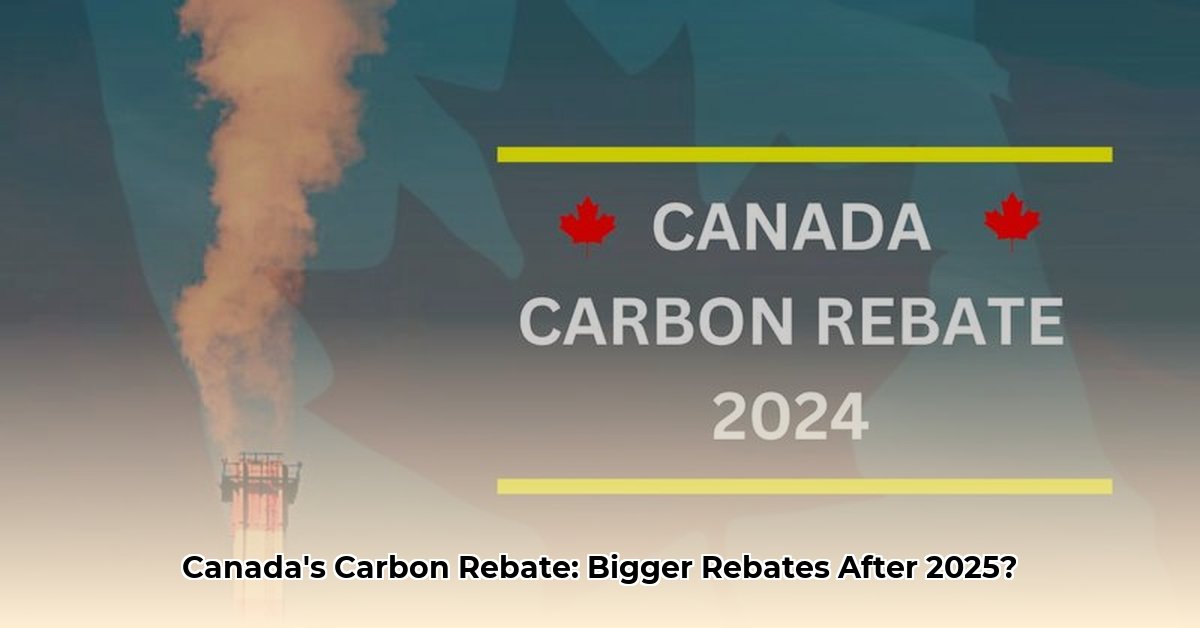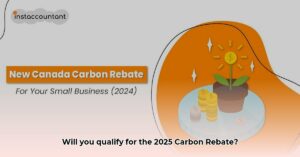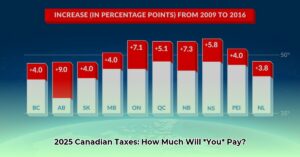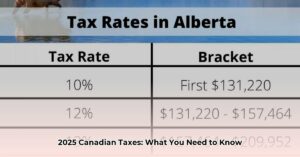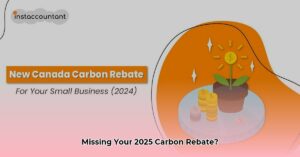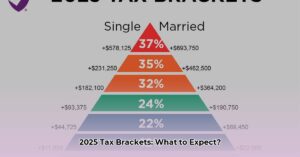The Uncertain Future of Canada’s Carbon Rebate
The Climate Action Incentive (CAI) payment, better known as the carbon rebate, provides quarterly payments to Canadians living in provinces where the federal carbon tax applies. While the rebate is guaranteed until 2025, its fate beyond that remains uncertain. This article explores the current program, the political landscape surrounding it, and potential future scenarios.
Current State of the Carbon Rebate
The CAI aims to offset increased costs from the federal carbon tax on fuels like gasoline and natural gas. The rebate amount varies based on province of residence and family size, with rural residents receiving a supplement due to higher transportation costs and limited access to public transit.
| Province/Territory | 2024-2025 Quarterly Payment (Family of Four) |
|---|---|
| Alberta, Saskatchewan, Manitoba, Ontario | Varies |
Note: Actual rebate amounts vary. Consult the Government of Canada website for precise figures.
Political Perspectives on the Rebate’s Future
The future of the carbon rebate is intertwined with federal politics. The Conservative Party has pledged to repeal the carbon tax, which would likely eliminate the rebate. Within the Liberal Party, opinions vary on the long-term necessity of the tax and rebate as Canada transitions to cleaner energy. This internal debate further complicates predictions about the program’s future.
Potential Scenarios After 2025
Several possibilities exist for the carbon rebate after 2025:
- Income-based adjustments: Rebates could be tiered based on income, with lower-income households receiving higher payments. This approach aims to address concerns about the tax’s impact on affordability.
- Emissions-linked adjustments: Rebates could be linked to Canada’s progress toward emissions reduction targets. If targets are met, the rebate might remain. If not, it could be modified to incentivize further reductions.
- Phase-out: Some experts suggest the rebate could be gradually phased out as the transition to cleaner energy progresses and reliance on fossil fuels diminishes.
- Elimination: If the federal carbon tax is repealed, the rebate would likely be eliminated as well.
These are just potential scenarios, and the actual outcome depends on various factors, including future election results, economic conditions, and technological advancements.
How the Carbon Rebate Might Evolve
Predicting the post-2025 carbon rebate is challenging. The government typically doesn’t announce long-term program details far in advance. However, understanding potential influencing factors can provide insights.
Factors Affecting Future Rebates
| Potential Factor | Description |
|---|---|
| Cost of Living | Rising inflation and expenses could necessitate rebate increases to maintain affordability. |
| Emissions Targets | Failure to meet targets may prompt adjustments to incentivize greater emissions reductions. |
| Economic Impact | Ongoing changes to the rebate will affect household budgets and businesses. |
| Technological Advancements | New technologies in carbon capture and storage or hydrogen production could influence how carbon tax revenue is allocated, potentially diverting funds from rebates to other climate initiatives. |
| International Agreements | International climate agreements could shape future rebate policies. |
Staying Informed
Given the uncertainty, staying informed is crucial. Monitor official government websites and reputable news sources for updates on the carbon tax and rebate. As with any evolving policy, relying on official information is essential to prepare for potential changes.
Who Might Be Eligible After 2025?
Current eligibility for the CAI includes residents of provinces subject to the federal carbon tax. Eligibility does not have an age restriction; children are included, with parents or guardians typically claiming the rebate on their behalf. However, future eligibility criteria remain uncertain.
Factors that could influence eligibility after 2025 include:
- Federal Carbon Tax Rate Changes: Increases in the carbon tax rate could affect both rebate amounts and eligibility requirements.
- Shifting Government Priorities: Changing government priorities could reshape climate action policies, impacting the rebate program.
- Provincial Participation: Fluctuations in provincial participation in the federal carbon pricing system will influence eligibility in those provinces.
Ongoing Research and Evolving Knowledge
Climate change research is continuously evolving, influencing government responses and programs like the carbon rebate. While some aspects of climate change are established facts, others remain active research areas. This ongoing research necessitates a nuanced approach to predictions and underscores the potential for significant changes in climate policy.
It is crucial to approach the future of the carbon rebate with caution, acknowledging the numerous uncertainties. By considering the current state of the program, political perspectives, potential scenarios, and influencing factors, we can better understand the complexities and prepare for potential changes. Regularly consulting official government resources and reputable news sources is essential to stay informed about developments affecting this vital program.

